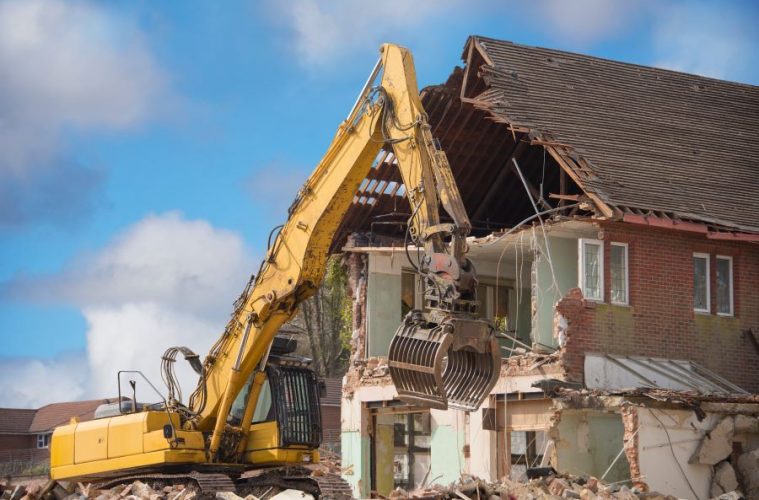The construction industry has to deliver projects quickly, efficiently and sustainably. Rising material costs, supply chain disruptions and stringent environmental regulations are driving the need for innovation and smarter material choices. With government initiatives pushing for more sustainable construction, choosing the right materials improves efficiency and ensures compliance with environmental standards.
This guide outlines the key materials that contribute to efficient and sustainable construction, focusing on their specific benefits for modern UK projects.
Concrete and cement: the foundation of construction
Choosing the right concrete ensures efficiency, reduces costs and maintains structural integrity. Different types of concrete serve various functions, from ready-mix concrete that saves time on large projects to reinforced concrete that provides extra strength for high-stress areas.
For large-scale infrastructure or commercial projects, ready-mix concrete allows for quicker application, while reinforced concrete is essential for building foundations and other load-bearing structures.
High-quality cement enhances the strength of a structure and reduces maintenance costs. Opting for a stronger mix can reduce the risk of cracks or structural failures, ensuring long-term stability.

Steel: reinforcement and structural support
Steel’s ability to reinforce structures and form the skeletal frame of buildings makes it indispensable.
Advancements in steel technology, such as prefabricated components, allow for quicker assembly on-site, reducing construction time and improving safety. Prefabrication also minimises waste and lowers the risk of errors during the building process.
In the UK, the push for sustainable construction has increased demand for sustainably sourced steel. Many companies are now opting for steel produced with lower carbon emissions.
Bricks and blocks: versatility and durability
Bricks and blocks offer durability and versatility in various building types. Clay bricks offer exceptional durability, while aerated blocks are lightweight and easy to handle, making them ideal for fast-paced housing developments.
Aggregates: the building blocks of efficiency
Aggregates such as sand, gravel and crushed stone are used in concrete production and for foundations, road construction and drainage systems. Stone bags offer a practical way to store and transport aggregates on-site, reducing waste and ensuring the timely availability of materials.
Using recycled aggregates is another way the construction industry is reducing its environmental footprint, contributing to the circular economy by reusing materials from previous projects.
Insulation materials: energy efficiency and compliance
Choosing the right insulation material not only improves energy performance but aids compliance with strict building codes. Mineral wool is ideal for fire resistance and soundproofing, while eco-friendly materials provide excellent thermal efficiency with a reduced environmental impact.
High-quality insulation helps buildings retain heat, reducing energy consumption and lowering heating costs. Proper insulation is essential for meeting EPC (Energy Performance Certificate) requirements.

Timber: sustainable and flexible material
As the UK moves towards more eco-friendly building practices, timber offers an excellent alternative to more carbon-intensive materials. Certified sustainable timber, such as FSC (Forest Stewardship Council) certified wood, is a popular choice for reducing environmental impact.
Timber is a preferred material for modular and off-site construction due to its light weight and flexibility. Prefabricated timber components can be assembled quickly on-site, speeding up construction and reducing labour costs.




